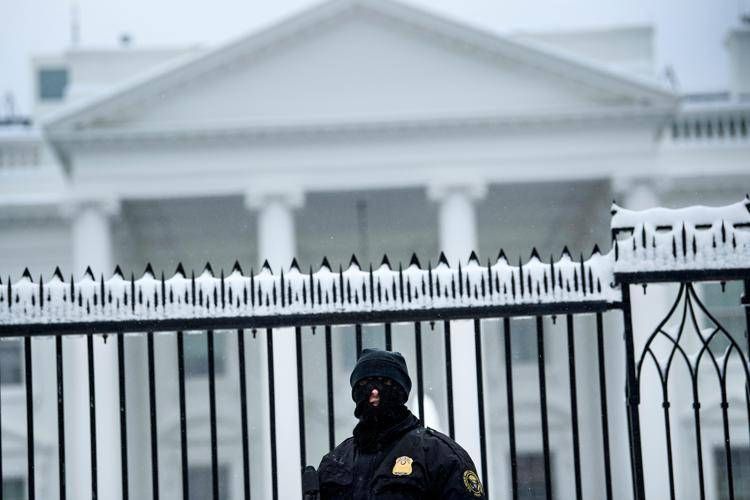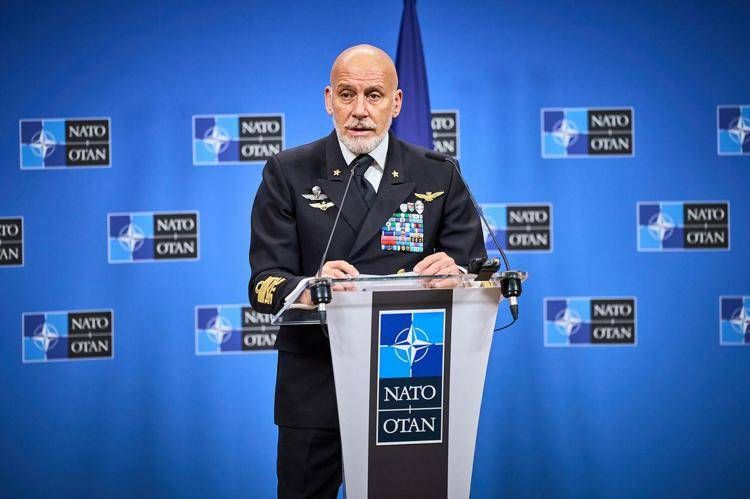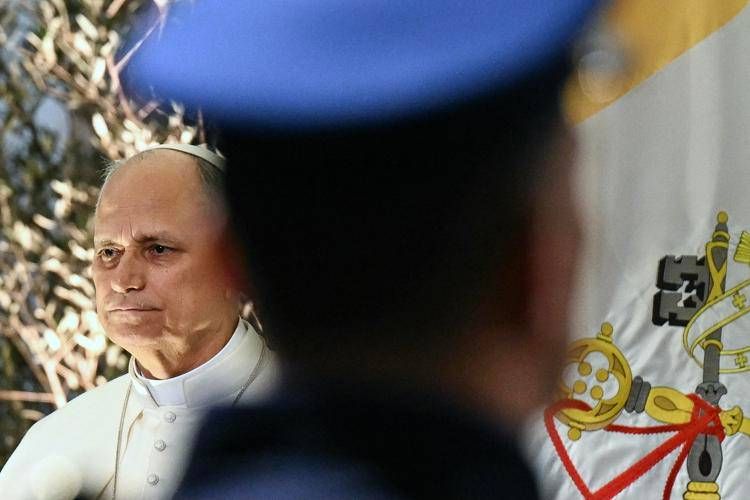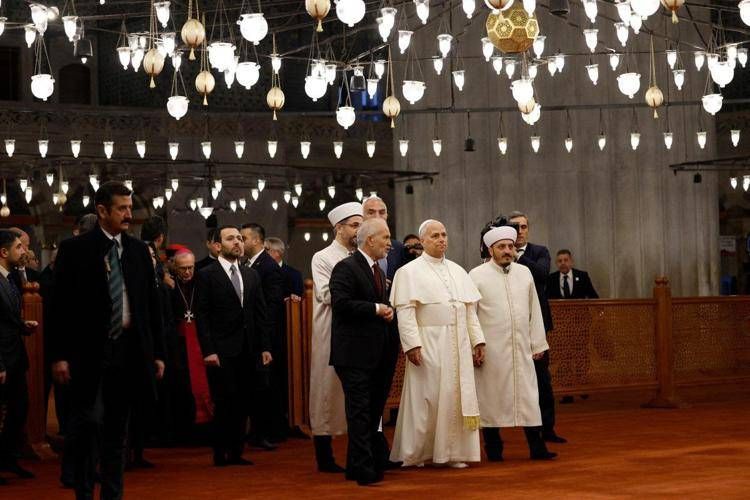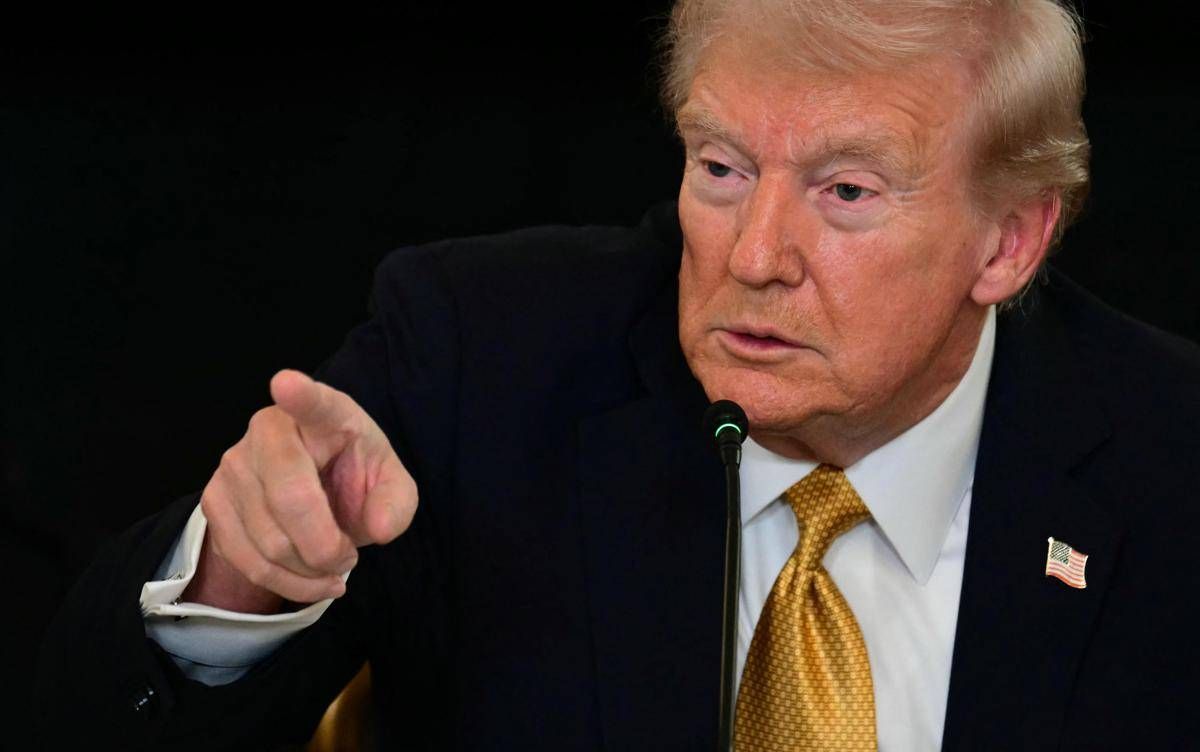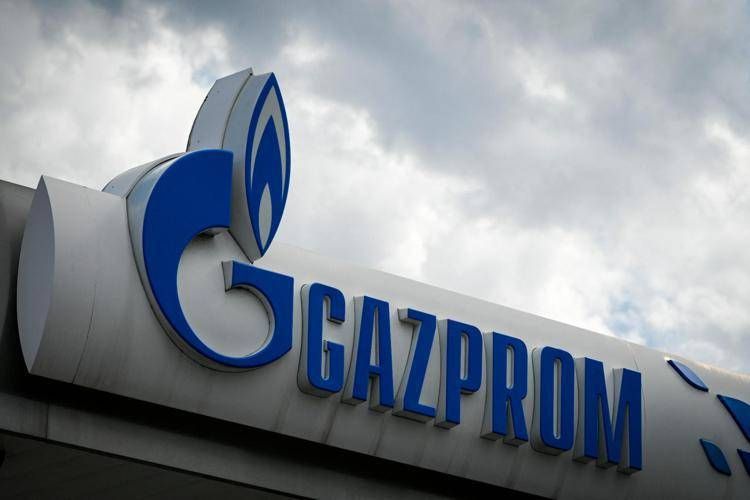
Gazprom cuts off gas supply to Europe via Ukraine
Transit agreements expired, Russian giant Gazprom ceases natural gas supplies to Europe via Ukraine from 1 January 2025
Gazprom has officially stopped supplying natural gas to Europe via Ukraine, marking the end of the five-year transit agreements signed in 2020. The termination of supplies took effect on 1 January 2025, after the Ukrainian side refused to renew the agreements, making it impossible for Gazprom to continue gas transit.
‘Gazprom has been deprived of the technical and legal possibility to continue supplying gas through the territory of Ukraine due to the Ukrainian side’s repeated and explicit refusal to extend these agreements,’ the Russian company said in a statement. This interruption could have a significant impact on the European energy supply, which will have to find new solutions to cope with the Russian gas shortage.
Russian gas disruption does not destabilise the European market, but increases energy costs
Despite the interruption of the Russian gas flow through Ukraine, the European energy market remains surprisingly stable. The price of gas is around EUR 48.50 per megawatt hour in Amsterdam, a sign that the immediate impact of the disconnection from Russia has been contained. However, the European Union is paying the price for this transition with higher energy costs, which are weighing on the competitiveness of European industry, particularly German industry, against global rivals such as the US and China.
Ukraine will also suffer the economic consequences of this disruption, losing around USD 800 million annually in transit fees, while for Gazprom the lost gas sales will result in an estimated loss of around USD 5 billion. Among the most affected countries, Moldova, which was heavily dependent on Russian gas transiting through Ukraine, has already announced its intention to reduce its gas consumption by a third to cope with the energy crisis.
Europe, although it has found alternative sources to replace Russian supplies, continues to face energy cost pressures that affect its global competitiveness, especially challenging the continent’s large industrial economies.
THE LATEST NEWS
(Photo: © AndKronos)
-

 News22 ore ago
News22 ore agoSì al referendum: sondaggio indica il 57% italiani confermerebbe riforma giustizia
-

 News22 ore ago
News22 ore agoAggiornamento sulle indagini su Andrea Sempio: prime conclusioni dei periti
-

 News8 ore ago
News8 ore agoGrave incidente con un elicottero a Lanzada, prime notizie: “tutti salvi”
-

 International-News9 ore ago
International-News9 ore agoMatthew Perry doctor sentencing sees medic jailed for supplying ketamine








